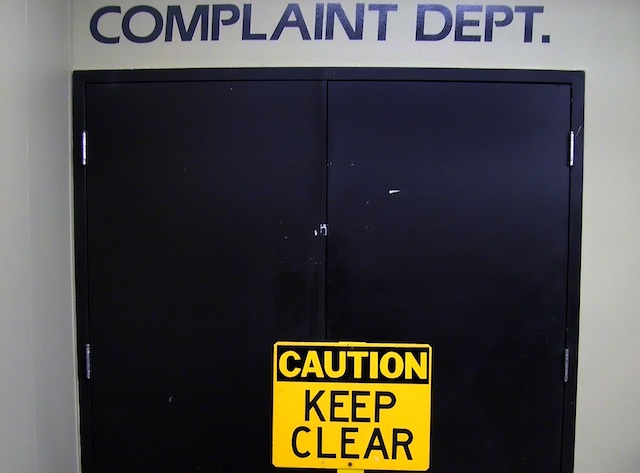“How could this happen with all the technology these ships have?” is the first question many of us had when we saw pictures of the Costa Concordia lying on its side with a ripped hull.
In an era where we have Global Positioning Systems, sonar, radar and sophisticated mapping technology it seems almost impossible that a ship could find itself in such a terrible situation.
Every generation has its own blind faith in the technology of the day and almost a hundred years ago one of the greatest shipping disasters of all – the RMS Titanic – happened because of the same belief in that era’s technology.
While the Titanic’s builders claim they never said the ship was unsinkable, popular belief held the vessel was the safest of all ocean liners with sophisticated steam engines, modern safety designs and better communications tools like the radio and Morse Code.
Those technologies were part of the Titanic’s undoing; the improved performance of steam ships saw the shipping companies competing for the Blue Riband prize of the fastest crossing of the Atlantic, meaning captains took risks they wouldn’t have with less technically advanced vessels. This is why the Titanic found itself in an ice field.
Once the ship was struck another problem with our blind faith in technology arose – we never foresee all the consquences.
In the Titanic’s case there weren’t enough lifeboats – the safety rules of the day had fallen behind the capacity of the ships and, while the Titanic exceeded the minimum number required, there were barely enough lifeboats to take a third of the passengers.
The Titanic’s sinking has some similarities in that today cruise ship companies are in an ‘arms race’ to build bigger and more luxurious liners, marketing them as floating resorts raising concerns among maritime experts that the capacity of these ships is too great for them to be evacuated quickly.
Of course we have to be careful of drawing too many parallels between the Titanic and the Costa Concordia, the Titanic’s loss of life was several orders of magnitude greater than the Concordia’s and the Titanic happened towards the end of a period when technology looked like it would solve all the world’s problems.
The sinking of the Titanic was also the peak of the Edwardian standards of “women and children first” and “for King and country.” Only one in six of the third class male passengers and half of that in second class survived.
A few years later, the clash of Edwardian culture and modern technologies was starkly shown when millions died in the trenches of France, Belgium and Gallipoli as generals applied 18th Century cavalry tactics against 20th Century weapons. Another example of not understanding the effects of new technologies.
Whenever we adopt a new technology there’s a risk we’ll get it wrong and blind faith in tools we don’t understand can lead us to a disaster.
Even in a business we can’t just accept that because a computer says “yes”, the answer is yes. Sometimes we have to think.




